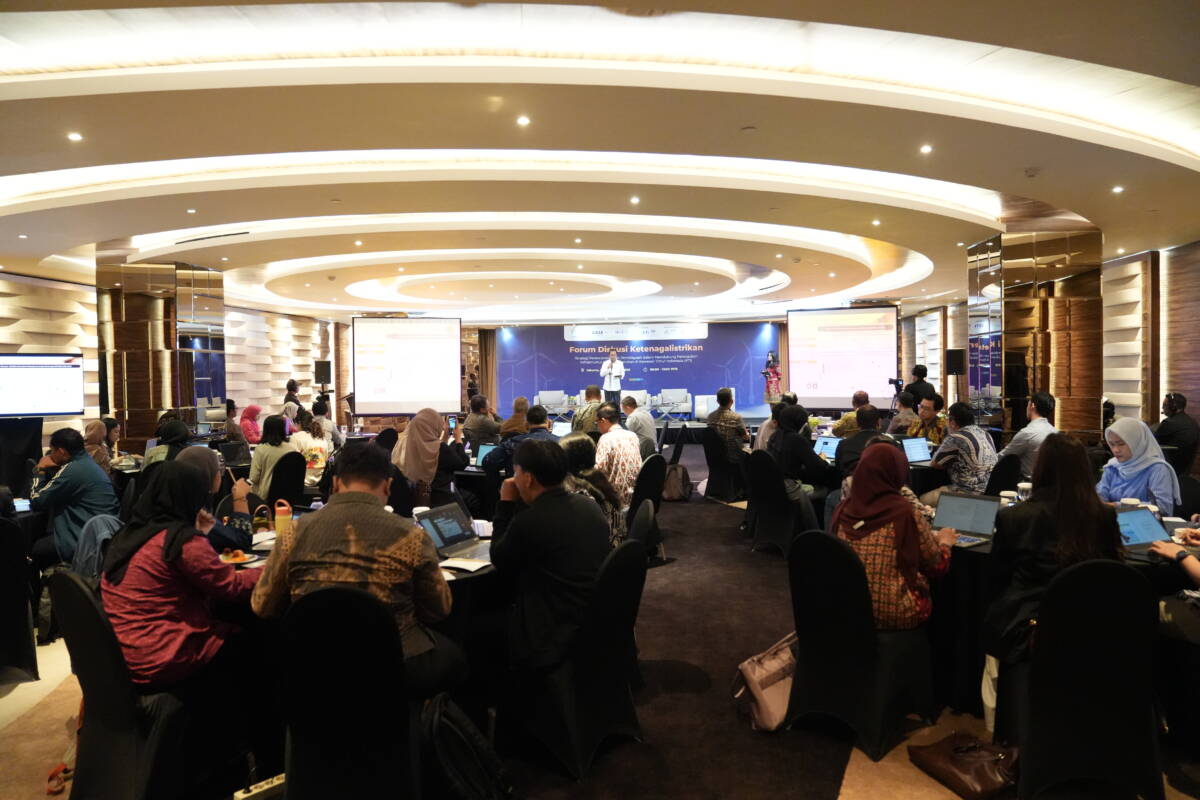
Energy Transition in Eastern Indonesia Requires Community-Based Solutions
Jakarta, 16 September 2025 – Eastern Indonesia (KTI) holds vast renewable energy potential, with solar energy potential reaching 165.9 GW and wind energy reac... Read more.
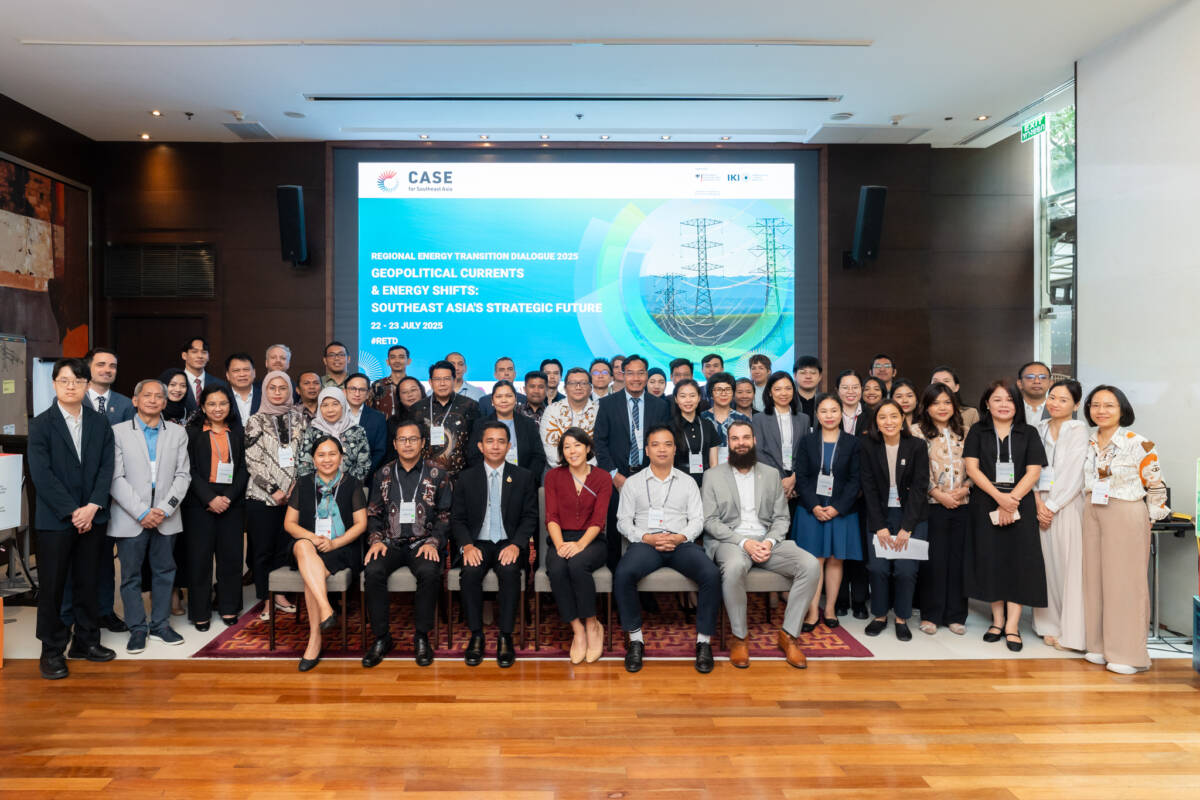
Indonesia Taps Strategic Momentum at Regional Energy Transition Dialogue (RETD) to Accelerate National Energy Security
Clean, Affordable and Secure Energy (CASE) for Southeast Asia Consortium holds another Regional Energy Transition Dialogue (RETD) 2025 to reconvene and discuss ... Read more.
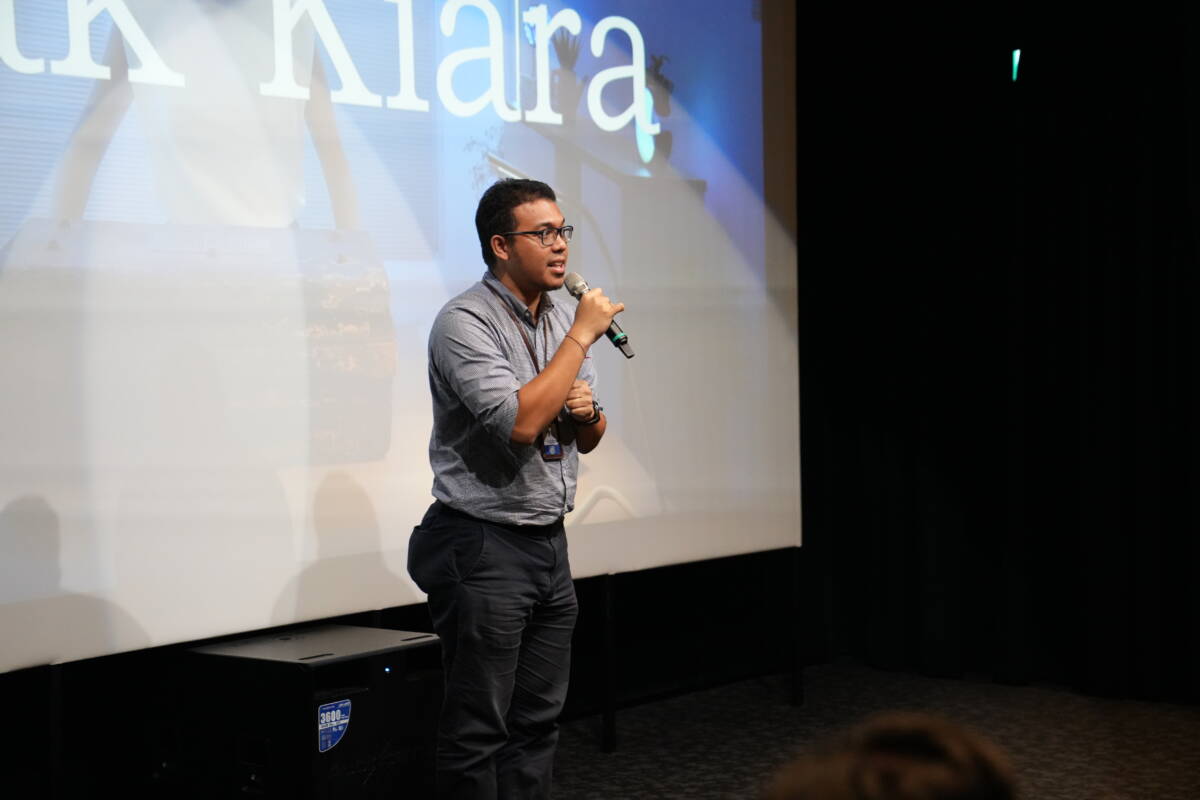
Kiara’s Trail Movie Launch: Driving Climate Change and Energy Transition Issues
Jakarta, December 13, 2024 – The Clean, Affordable, and Secure Energy (CASE) for Southeast Asia project has officially launched the short film “Jejak Ki... Read more.
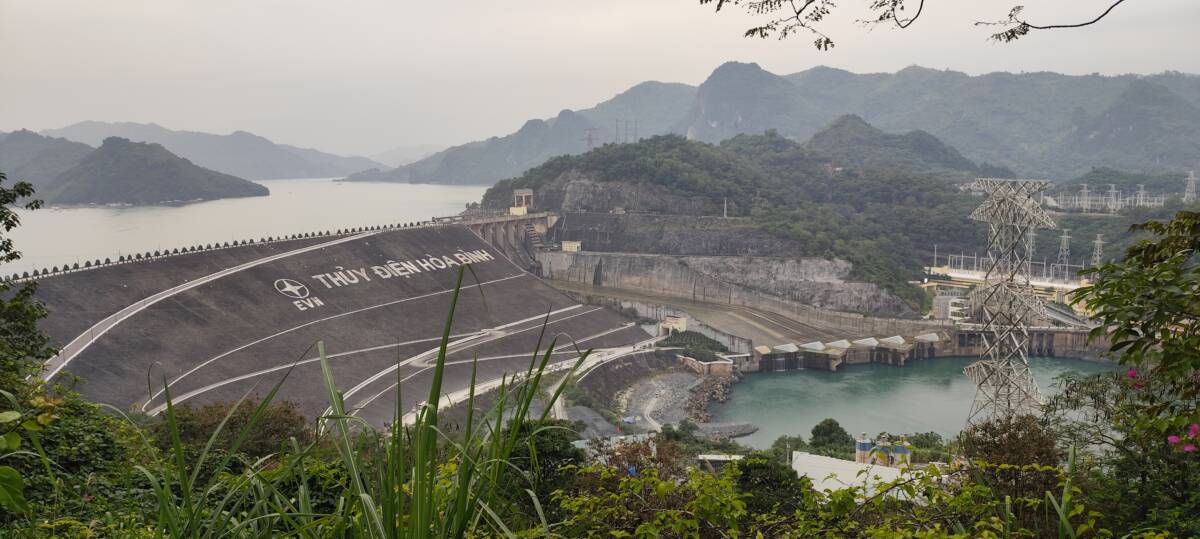
Hoa Binh Hydropower Plant as an Example of Just Energy Transition in Southeast Asia
The Hoa Binh Hydroelectric Dam/Hydropower Plant seen on top of Ong Truong Hill in Hoa Binh Province, Vietnam. (Photo: Project CASE Indonesia) Hoa Binh, 27 Novem... Read more.
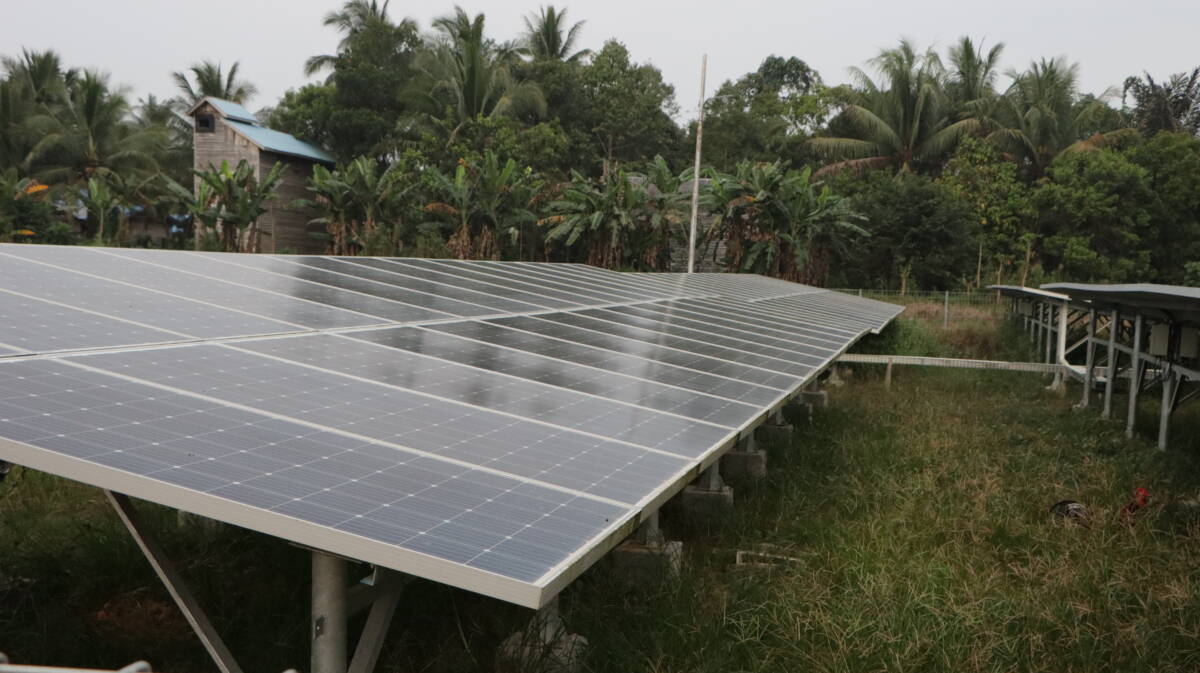
Energy Transition in the Electricity Sector to Support Energy Independence in Remote Areas
Jakarta 22 November 2024 – The Journey to achieve Indonesia’s energy independence and security could be supported through utilization of renewable energ... Read more.
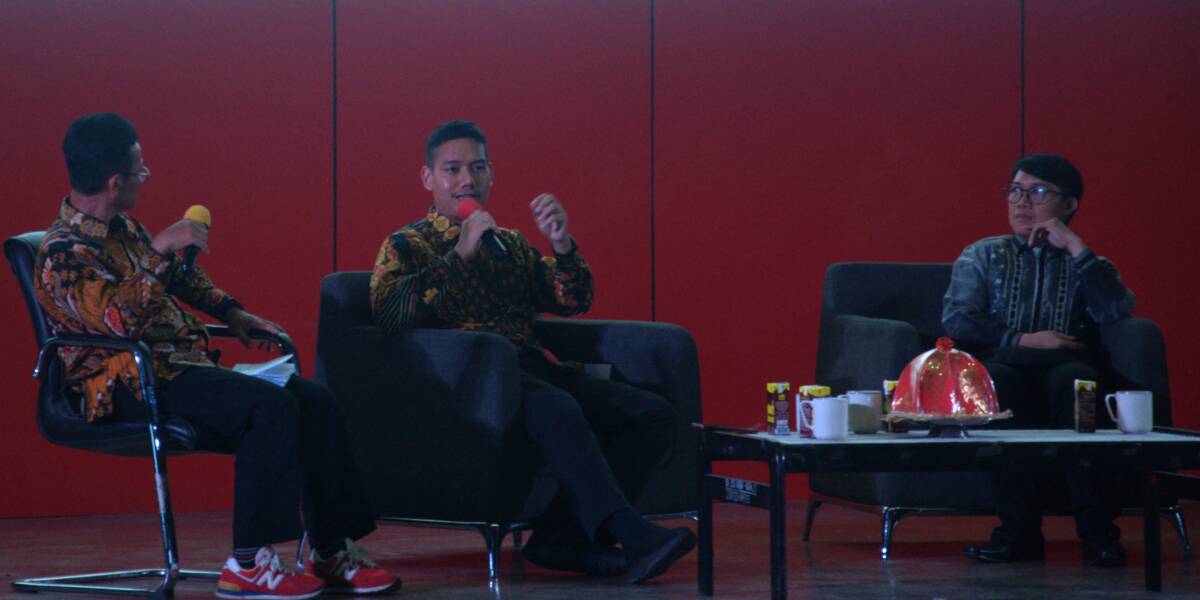
Prioritizing Infrastructure Development to Accelerate Green Mobility in Indonesia
Makassar, September 22, 2024 – As Indonesia is currently facing the pressing challenges of climate change, the need for innovative solutions has never bee... Read more.
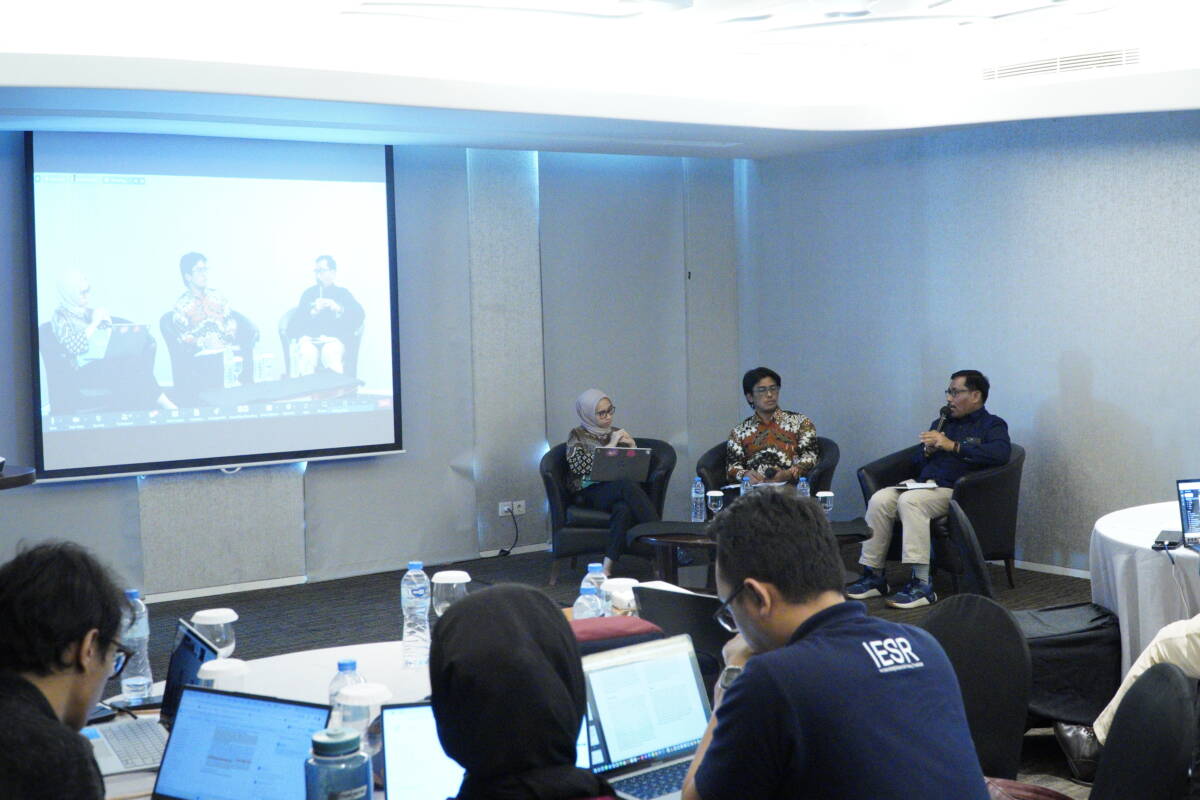
Just Energy Transition: Corporate Responsibility for Post Mining Environment and Economic Recovery
Jakarta, 24 January 2024 – Energy has become our primary need. Therefore, transitioning from fossil to renewables will impact the livelihood of every co... Read more.
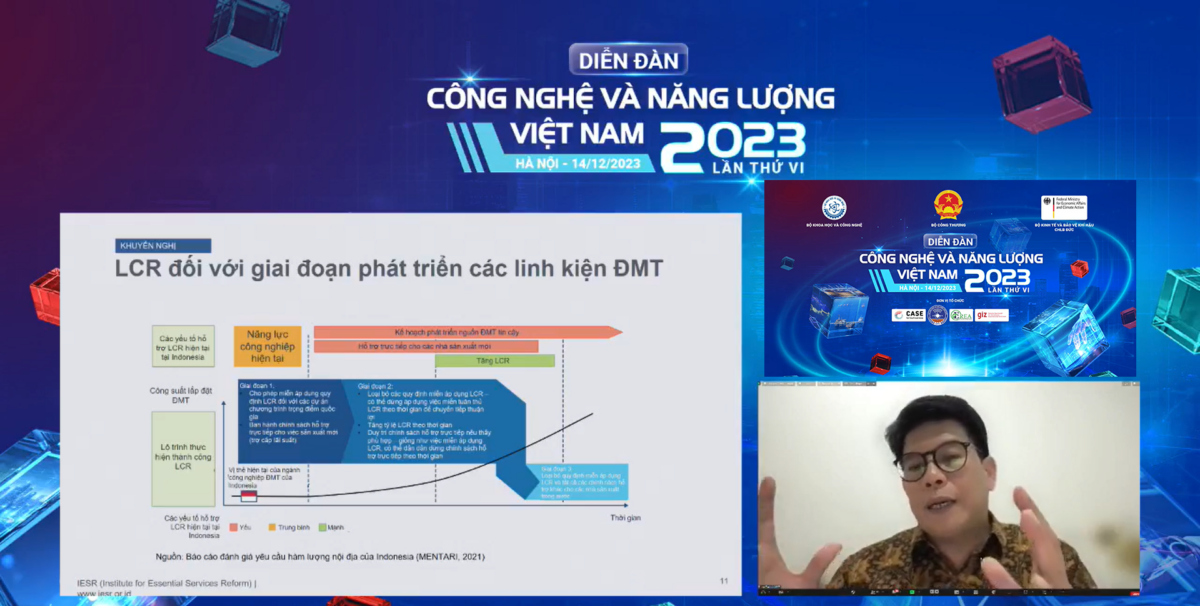
Exchanging Insights on Local Solar Manufacturer in Indonesia and Viet Nam
Ha Noi, 14 December 2023 – The Ministry of Science and Technology of Viet Nam hosted its annual event: Technology and Energy Forum 2023, in collaboration ... Read more.

Indonesia Needs to Synergize Policy and Strategies to Accelerate Energy Transition
Bali, August 29, 2023 – Institute for Essential Services Reform (IESR) alongside the Energy Transition Policy Development Forum (ETP) hosted a discussio... Read more.
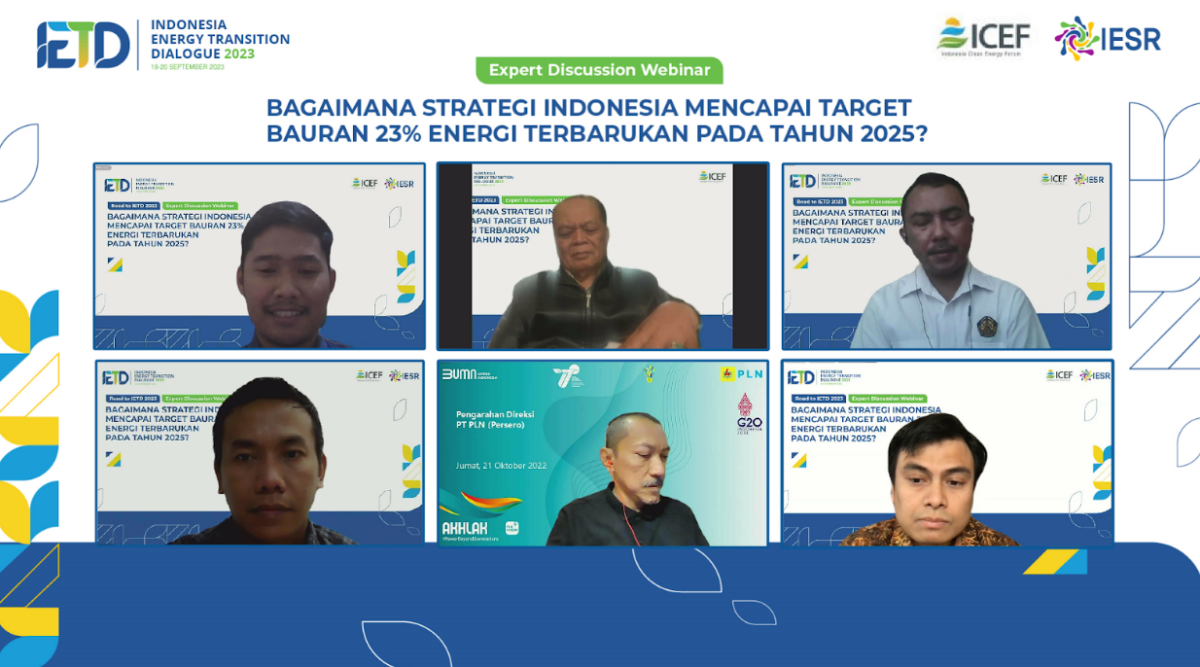
Exploring Potential and Challenges Towards a Sustainable Future of Indonesia
Jakarta, July 27, 2023 – The Institute for Essential Services Reform (IESR) and the International Clean Energy Forum (ICEF) hosted an expert discussion w... Read more.
